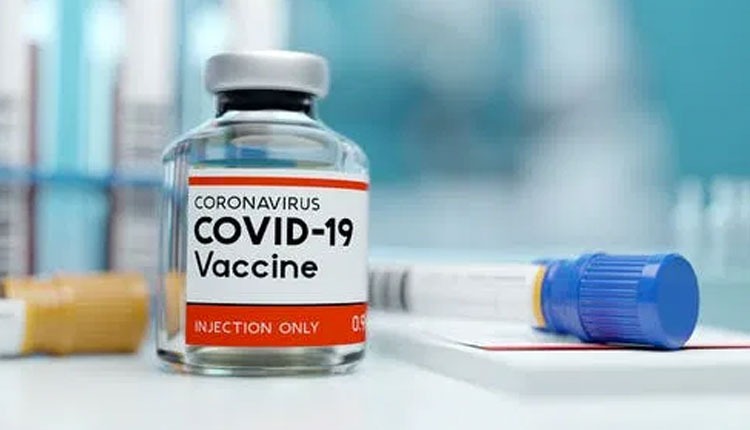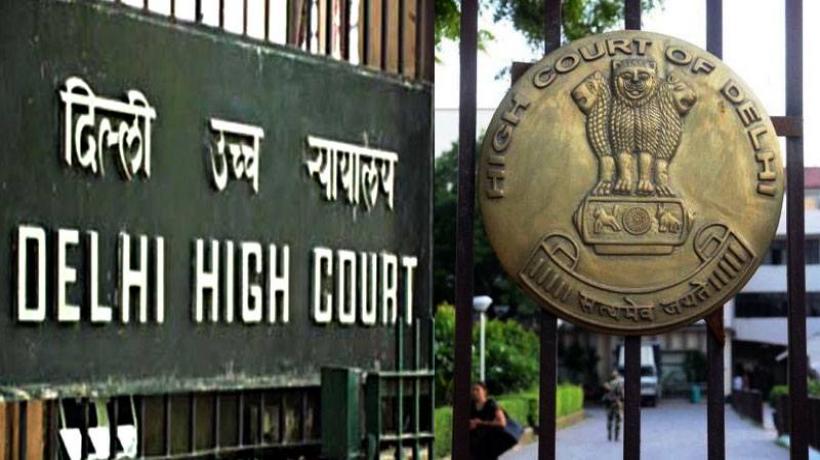Keeping in mind all the potential risks involved with the Covid vaccination, and the safety and the health of people, the Central Drugs Standard Control Organisation’s Subject Expert Committee has asked the Serum Institute of India and Bharat Biotech to submit more data and information to get emergency use authorization (EUA) for their Covid-19 vaccine candidates.
Emergency Use Authorisation is a mechanism to facilitate the availability and use of medical countermeasures, including vaccines, during public health emergencies. Such approval was given to Covid-19 drugs – remdesivir and favipiravir in June and itolizumab in July.
Top Vaccine Candidates In India
Five of the vaccine candidates, namely Covishield manufactured by the Serum Institute of India, Covaxin manufactured by Bharat Biotech, ZyCoV-D manufactured by Zydus Cadila, Sputnik V which is being manufactured by Dr. Reddy’s Laboratories, and NVX-CoV2373 which is another vaccine by SII are in various stages of Clinical Trial.
How Indian Vaccine Is Eyeing For Safety?
Seeking to allay apprehension of people over the safety and efficacy of Covid-19 vaccines, noted clinical scientist Gagandeep Kang said that though vaccines for the coronavirus are being developed in a short period of time, there has been absolutely no compromise in their clinical testing.
Everybody is talking about things being done very fast but “I think it is very important to know what steps we are cutting out, and quite frankly, in all of the testings of vaccines that are being done, no aspect of testing has been overlooked from the development pathway”, she said.
Prime Minister Narendra Modi, while recently announcing that covid-19 vaccine will be available in India within a few weeks, had warned that, like any other medicine, it could cause side-effects in some people.
“While giving a EUA, the regulators have to be convinced that the candidate vaccine is safe and effective in an interim analysis of Phase III trials. Regular approval comes only after the trials are completed and the entire data has been analyzed for safety and immunogenicity,” said Lalit Kant, Infectious Disease Epidemiologist and former head of epidemiology and communicable diseases at the Indian Council of Medical Research (ICMR).
Preparedness For Vaccine
Vaccinating 1.3 billion people requires extraordinary communication, planning, and coordination.
The government has indicated that it would be procuring 400-500 million Covid-19 vaccine doses by July 2021. Analysts estimate that it will take a minimum spend of Rs 50,000 crore to sufficiently vaccinate the entire country.
According to the draft standard operating procedure issued by the Health Ministry, the government is planning to provide anti-corona shots to only 100 per day at each site, unlike standard immunization drives that see hundreds of people being vaccinated in a day.
Among groups being identified for the first shots are 10 million health care providers in the government and private sectors and 20 million other front line workers, such as police and armed forces.
The government has said it would deploy its vast election machinery to deliver 60 crore doses of Covid vaccines to 30 crore Indians, including healthcare & frontline workers, priority groups above the age of 50, and those under 50 with comorbidities.
YOU MAY LIKE TO READ: Is the Vaccine Cheer Finally Coming To India? Here’s What Indian Pharma Industry’s Covid-19 Vaccine Plans
Cold Chain Logistics Challenge For Virus Vaccination
To ensure safe delivery of the vaccine, the government has also asked officials to complete all preparations for the prospective Covid-19 vaccination drive, including “robust cold-chain maintenance set-up” in states.
India is currently focusing on cold chain facilities in temperatures between 2°C and 8°C.
From the existing 28,932 cold chain points we have 40,792 deep freezers, 240 are walk-in coolers, 70 ice-lined refrigerators, and 294 are solar units.
Maharashtra (3,257) has the maximum cold chain points, followed by Karnataka (2,870), Tamil Nadu (2,599), and Rajasthan (2,405).
YOU MAY LIKE TO READ: India’s Mega Vaccination Drive: How India Is Gearing Up For Covid-19 Vaccine Rollout
Here’s Why Vaccinated People Still Need to Wear a Mask
Doctor SP Byotra, Chairman Department of Medicine, Sir Ganga Ram Hospital said: “There is a notion in the public that once a person gets vaccinated he becomes immune to any infection. The truth is that an antigen produces antibodies in a person within a stipulated time. If a person gets the infection even after getting the vaccine then it should not be considered as a failure of the vaccine.”
“However, several vaccines required to be given in two doses as the first is actually a half dose which starts stimulating the production of antibodies. The first dose must be followed by the second one which produces a high level of antibodies in the body,” Byotra added.
Stressing on Covid-19 appropriate behavior even after being immunized Dr. Prasun Chatterjee, Associate Professor, Department of Geriatric Medicine, All India Institute of Medical Sciences said that one has to follow all health protocols even when the person is immunized.











